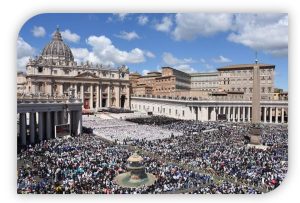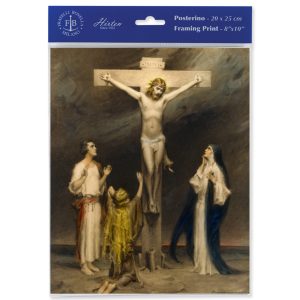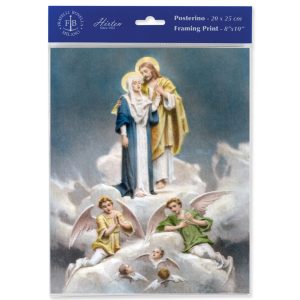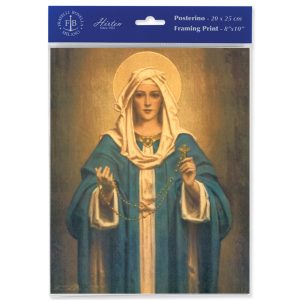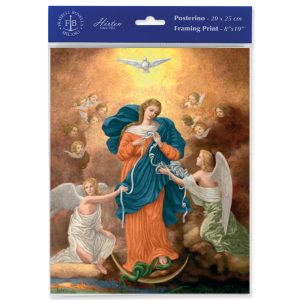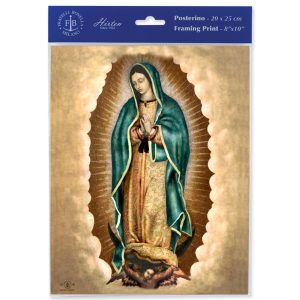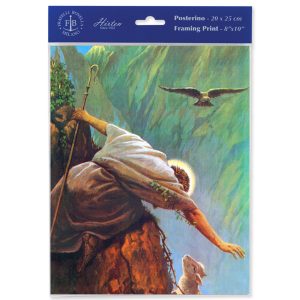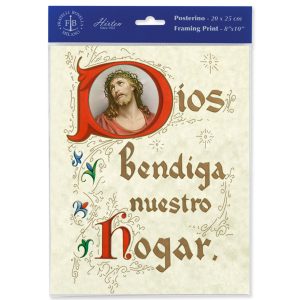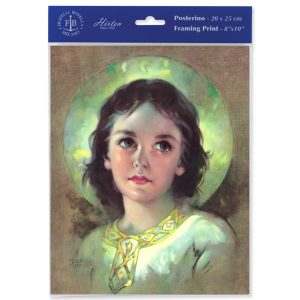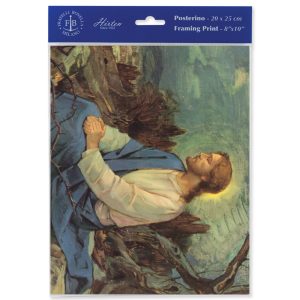Pope Francis: A Pontiff for the People 1936-2025
 Since his election in March of 2013 becoming the 266th Pope, Pope Francis became one of the most influential religious figures of the 21st century—not just for Catholics, but for people of all faiths and none. Born Jorge Mario Bergoglio in Buenos Aires, Argentina, he was inspired by St. Francis of Assisi becoming the first pope to take his name as a symbol of peace, humility and caring for the poor. Besides being the first pope to take the name Francis, he was the first non-European pope in over 1,200 years. Pope Francis was the first pope from the Americas and the first Jesuit pope.
Since his election in March of 2013 becoming the 266th Pope, Pope Francis became one of the most influential religious figures of the 21st century—not just for Catholics, but for people of all faiths and none. Born Jorge Mario Bergoglio in Buenos Aires, Argentina, he was inspired by St. Francis of Assisi becoming the first pope to take his name as a symbol of peace, humility and caring for the poor. Besides being the first pope to take the name Francis, he was the first non-European pope in over 1,200 years. Pope Francis was the first pope from the Americas and the first Jesuit pope.
A Different Kind of Pope
From the start, Pope Francis made it clear that he would lead differently. He brought a new tone to the Vatican—one that resonated with many who felt alienated from traditional religious structures. Throughout his papacy, Pope Francis emphasized humility, compassion, and social justice. He often eschewed the traditional luxuries of the papal office, choosing instead to live in a modest guesthouse rather than the Apostolic Palace. Pope Francis liked to drive simple cars. He often rode in a Ford Focus or took public transportation. His style was personal and his tone was pastoral, endearing him to many.
Pope Francis’ Legacy
Whether reshaping the Church's engagement with the modern world or quietly challenging institutional norms, his papacy continued to be defined by a deep concern for human dignity and a commitment to Gospel values.
Pope Francis worked to reform the Vatican bureaucracy and sought to improve transparency within the Church. His efforts to address the sexual abuse crisis, though met with both praise and criticism, reflected his willingness to confront difficult issues head-on. As the Church navigated an increasingly complex world, Pope Francis remained a spiritual figure striving to bridge divides—with humility and sincerity, He was the voice that called the faithful to mercy over judgment.
He consistently addressed global issues such as climate change, migration, and economic inequality. His 2015 encyclical Laudato Si’ was a landmark call for ecological responsibility, marking a significant moment in the Church’s engagement with ecological matters by urging humanity to care for our home, common to all. He visited refugee camps, washed the feet of prisoners, and emphasized compassion over condemnation.
By the end of his papacy, Pope Francis had left an indelible mark on the Church and the world. His legacy continues to influence religious and political leaders, as well as ordinary people seeking compassion and justice in a world changing at lightning speeds.
Pope Francis Was Called Home
On Easter Monday, April 21, 2025 at 7:35 CEST, Pope Francis died at his residence in the Vatican’s Casa Santa Marta. He was 88 years old when he was called home by Jesus. On April 26, 2025, over 250,000 mourners including royalty, clergy and world leaders gathered in St. Peter’s square for the funeral of Pope Francis. Pope Francis was laid to rest in the Basilica of Santa Maria Maggiore in Rome, honoring his wish to be buried outside the Vatican.
